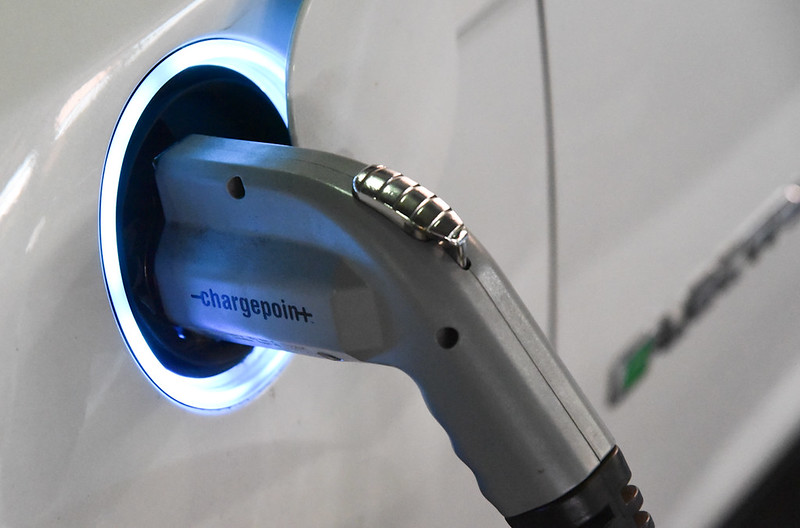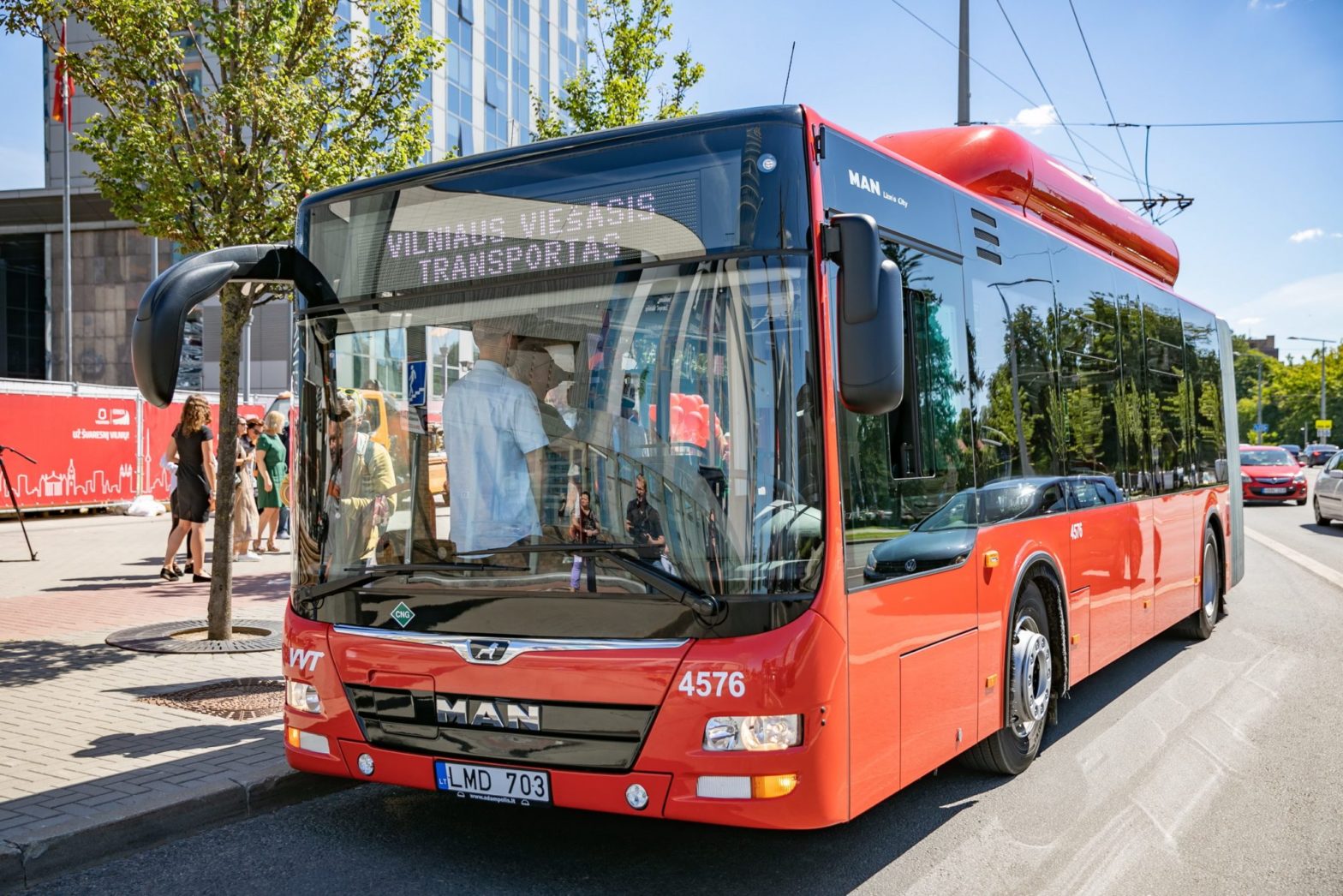
Photo: 35900685135_a85cb158c3_c
UK to ban sale of new petrol and diesel cars by 2030
16 November 2020
by Christopher Carey
The UK government is set to announce plans to bring forward the ban on new petrol and diesel cars to 2030 – five years earlier than indicated by Transport Secretary Grant Shapps in February.
Plans were originally made in 2018 for a 2040 ban, but an increased emphasis on environmental policy has now pushed the deadline forward again, with Prime Minister Boris Johnson expected to make the announcement this week, according to the Financial Times.
Ministers are expected to keep 2035 as the date for an end to the sale of hybrid cars.
Shift to electric
An end to the sale of new petrol and diesel cars would mark a huge shift in the country’s automotive market.
In September, industry body Society of Motor Manufacturers and Traders (SMTT) suggested that just under seven percent of new car sales in the UK were electric vehicles (EVs), which are typically considerably more expensive than petrol and diesel vehicles.
Mike Hawes, SMMT Chief Executive, said: “Manufacturers are working hard to make zero and ultra-low emission [vehicles] the norm and are committed to working with government to accelerate the shift to net zero – but obstacles remain.
“Until these vehicles are as affordable to buy and as easy to own and operate as conventional cars, we risk the UK being in the slow lane, undermining industry investment and holding back progress.”
The absence of adequate infrastructure, confusion over charging and ‘range anxiety’ has also led to a reluctance among motorists to make the switch.
From next year, however, £500 million (US$659 million) of government funding has been earmarked for upgrading the UK’s EV charging infrastructure.
The funding will finance new grid connections to allow remote facilities such as motorway service stations to install more fast charging stations.
Green revolution?
In October, Johnson announced plans for a ‘green industrial revolution‘, an initiative that could create hundreds of thousands of jobs while setting the UK on its path to reaching carbon neutrality by 2050.
In addition to speeding up the rollout of electric vehicles, the PM also indicated the potential for investment in other ‘green’ areas, including wind and solar energy, and hydrogen and carbon capture storage.
The government has also stepped up investment in walking and cycling initiatives across the UK since the Coronavirus pandemic hit.
In addition, UK Chancellor of the Exchequer, Rishi Sunak, is said to be considering the introduction of a national road pricing scheme – where drivers would pay for each mile driven – as an alternative to the current annual car tax. The concept was last explored by Tony Blair’s government in 2007, but abandoned due to huge opposition from motorists.
According to London think-tank Institute for Public Policy Research (IPPR), the UK has not yet delivered the scale of investment needed to meet targets, but there is still an opportunity to improve on this aim.











